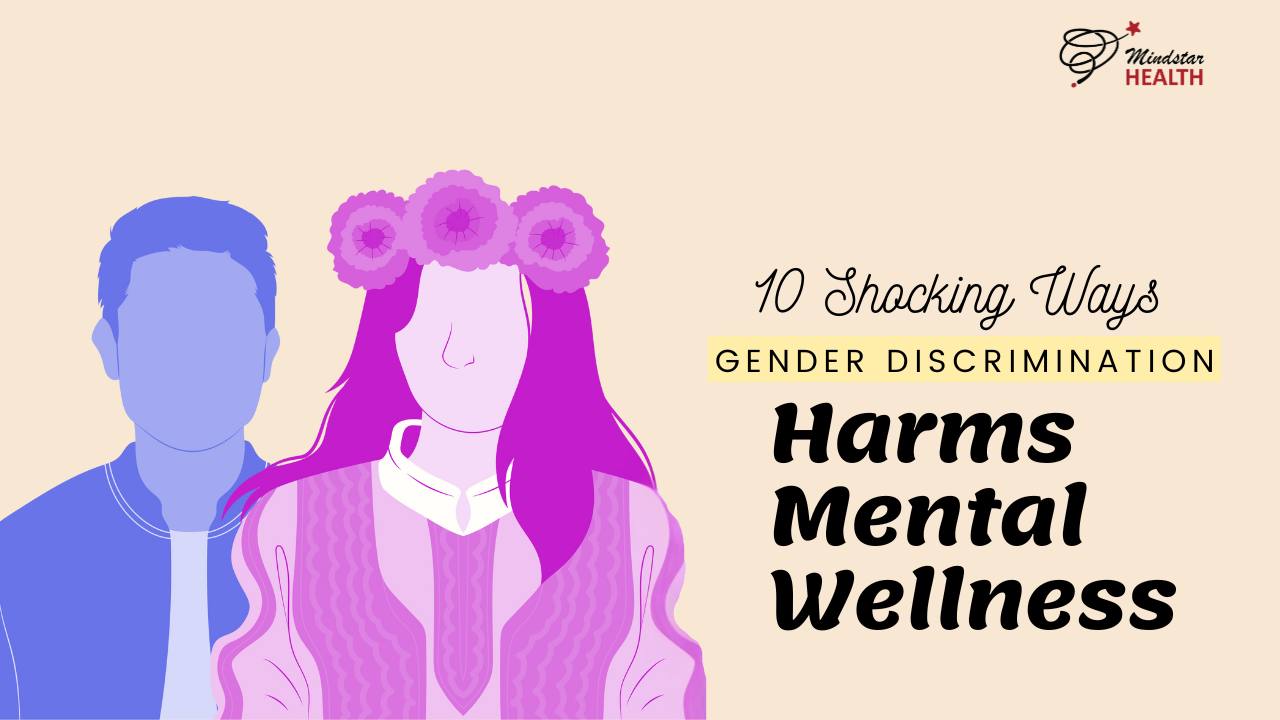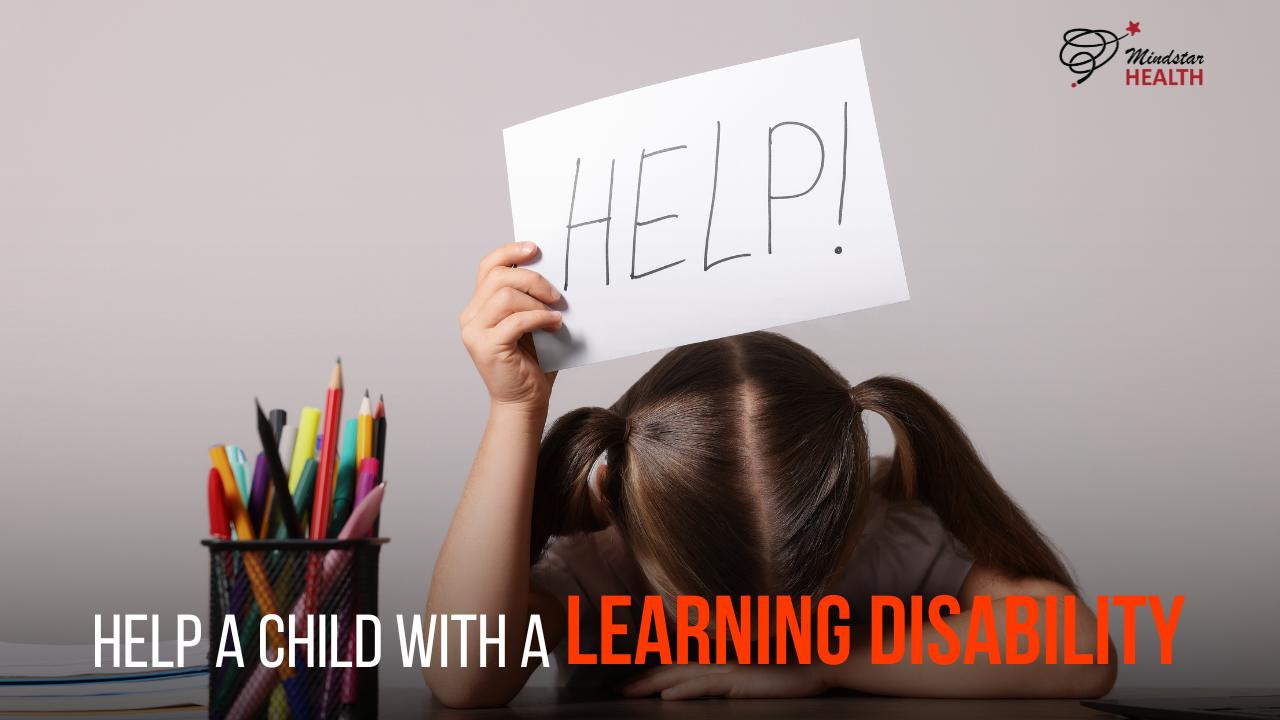The Christmas season is often filled with joy, but it can also amplify the struggles of those dealing with mental health challenges. As we gather to celebrate, we must be mindful of the stress, loneliness, and pressures that can arise, especially for individuals facing anxiety, depression, or seasonal depression. For those of us who want to help, understanding how to offer emotional support can make all the difference. Let’s explore how we can make the holiday season a little easier for our loved ones and ourselves.
Mental Health Struggles during Holidays
Recognizing Signs of Mental Health Struggles During Christmas
The holiday season, while often portrayed as a time of joy, can be particularly challenging for those dealing with mental health struggles. The pressures of holiday expectations, social events, and the stress of the season can amplify existing issues, making it essential to recognize signs that a loved one might need help. Emotional support during this time is critical in ensuring their well-being.
Common Signs to Watch For:
Here are some of the key signs that your loved one might be struggling:
- Withdrawal from Social Activities: If someone who usually enjoys socializing begins to isolate themselves, it may indicate that they’re feeling overwhelmed by the demands of holiday gatherings or struggling with their mental health.
- Fatigue or Low Energy Levels: Persistent tiredness, even after rest, can be a sign of depression or anxiety, both of which tend to escalate during the holiday season.
- Irritability or Mood Swings: Heightened stress from holiday expectations or holiday stress may manifest as increased irritability or sudden mood changes.
- Difficulty Concentrating or Making Decisions: Mental fog and indecisiveness can be indicative of anxiety or depression, which can be exacerbated during the festive period when there’s so much going on.
- Unusual Sleep Patterns: Whether it’s sleeping too much or experiencing insomnia, significant changes in sleep can signal seasonal depression or anxiety.
The Importance of Early Recognition
By being observant and understanding these potential signs, you can offer psychological support early in the process. The mental health challenges that arise during the holidays may often go unnoticed until they become overwhelming, but by recognizing changes in behavior early on, you can provide crucial support and encourage coping strategies. Coping strategies, such as reducing overwhelming tasks or offering a safe space for them to express their feelings, can make a huge difference in helping loved ones navigate holiday stress.
Understanding Holiday Stressors
The Christmas season, while festive and joyous for many, can bring about unique stressors that may exacerbate mental health challenges. The combination of high expectations, financial strain, and social obligations can feel overwhelming for those already dealing with mental health struggles. Below are some common holiday stressors and the effects they can have on mental well-being:
Financial Strain
One of the most significant stressors during the holiday season is the financial burden that comes with purchasing gifts, decorations, and attending various events. According to a survey by the American Psychological Association, 38% of individuals report feeling stressed about the financial costs of the holidays. This financial strain can contribute to anxiety and feelings of inadequacy, particularly if someone is already dealing with financial difficulties or has limited resources.
Social Obligations
The pressure to participate in social gatherings—whether large family events or workplace parties—can be especially taxing for those with holiday stress. While these gatherings may seem like fun to some, they can lead to heightened anxiety for individuals who struggle with social interaction or seasonal depression. In fact, a study by the National Alliance on Mental Illness (NAMI) reveals that around 64% of individuals with mental health challenges report that the holiday season increases their anxiety.
Family Dynamics
Family gatherings often bring up past tensions or unresolved issues, which can be emotionally draining. For individuals with a history of trauma, family interactions during the holidays may trigger feelings of sadness, frustration, or even anger. Navigating these relationships can take a significant emotional toll, especially when people feel pressured to meet familial expectations.
Seasonal Depression
The lack of sunlight and shorter daylight hours during the winter months contribute to seasonal depression. This form of depression, also known as Seasonal Affective Disorder (SAD), affects nearly 5% of the population in the U.S., according to the Mayo Clinic. The reduced exposure to sunlight can disrupt circadian rhythms, leading to changes in sleep patterns, energy levels, and mood.
Coping Strategies
It’s important to acknowledge these stressors and offer coping strategies to help manage them. Encouraging your loved ones to practice self-care, seek professional help if needed, and set healthy boundaries during this time can reduce the impact of these stressors.
How to Start a Supportive Conversation During the Holidays
Offering psychological assistance to a loved one during the holiday season can be challenging, especially when they are dealing with mental health issues or holiday stress. The holidays often magnify feelings of isolation, sadness, or anxiety, making it essential to approach these conversations with care. Here are some effective strategies to begin a supportive discussion:
1. Use “I” Statements to Show Concern
Opening the conversation with a gentle approach helps avoid making your loved one feel accused or defensive. Start with statements like, “I’ve noticed you’ve seemed a bit down lately, and I’m really concerned about you.” This emphasizes your personal concern and doesn’t make them feel judged for their feelings. According to a study, using “I” statements encourages openness and decreases defensiveness during tough conversations.
2. Practice Active Listening
During the holiday season, many individuals experience seasonal depression or heightened anxiety. It’s crucial to listen attentively without interrupting. This helps them feel validated and ensures you understand their perspective. Active listening involves showing empathy through verbal and non-verbal cues—nodding, maintaining eye contact, and reflecting on their feelings. When you listen actively, your loved one feels less alone in their struggles and more supported.
3. Be Present, Not Problem-Solving
In times of emotional stress, such as during holiday stress, the best thing you can do is offer a mental health safety net by just being present. Avoid jumping in with quick solutions or suggestions, such as, “You should just relax,” or “Everything will be fine.” These responses may inadvertently minimize their feelings. Instead, simply ask, “What can I do to support you?” or “How can I help you through this?”
4. Create a Safe, Non-Judgmental Space
Sometimes, the greatest gift you can offer is a safe space where your loved one feels free to express their feelings. Reassure them that it’s okay to feel overwhelmed by the holiday season, and that their emotions are valid. Creating this environment encourages honest communication and can provide a sense of relief from the weight of the season.
By offering these simple yet effective coping strategies, you can create a nurturing environment that fosters emotional well-being and strengthens relationships during the festive season. about their struggles.
Practical Support Strategies for the Holidays
The holiday season is often associated with joy and celebration, but for those facing mental health challenges, it can bring heightened stress. During this time, offering practical support can ease the pressure and provide much-needed comfort. These small, thoughtful actions can help reduce the overwhelming demands of the holidays, especially for those struggling with holiday stress or seasonal depression.
Here are several effective strategies to support your loved ones during the festive season:
Assist with Holiday Preparations
The holiday season often comes with an avalanche of tasks—shopping, cooking, decorating, and organizing gatherings. For someone already dealing with holiday stress, these responsibilities can feel overwhelming. Offering help with these tasks is a practical way to alleviate some of that pressure.
- Cooking and baking: If your loved one enjoys preparing meals but is feeling drained, offer to assist or take over. Consider preparing simple dishes together, like baking cookies or preparing a holiday meal.
- Decorating: Help decorate their home or prepare the holiday decorations. This task can be a source of joy for some, but can feel like an added burden for others.
- Shopping: If the idea of crowded stores or managing a long shopping list is stressful, offer to run errands or shop for gifts on their behalf.
Suggest Stress-Free Activities
Holidays often come with expectations of large, social gatherings, but for someone struggling with mental health, this can be draining. To reduce anxiety, plan low-key, stress-free activities that focus on quality time rather than quantity.
- Movie nights: A cozy evening with Christmas films or favorite movies can create a relaxing environment. This can be a calming and enjoyable way to spend time together.
- Walks in nature: Spending time outdoors can help ease stress and lift moods. A walk through the neighborhood, a park, or any natural space can be restorative and refreshing.
- Baking together: If your loved one enjoys baking, offer to join them in preparing holiday treats. It’s a way to enjoy the festivities without the pressure of large gatherings.
Respect Boundaries
Sometimes, the best thing you can do is respect their need for space. If your loved one doesn’t feel up to attending a crowded holiday gathering, don’t pressure them. It’s important to remember that holiday gatherings can be overwhelming, especially for those experiencing seasonal depression or anxiety.
- Offer quiet alternatives: Instead of large parties, suggest spending time in a calm, intimate setting like a quiet dinner or a peaceful evening at home.
- Understand their limits: It’s crucial to recognize when your loved one may need to take a step back from social obligations, so they don’t feel forced into situations that increase their stress.
Encourage Healthy Routines
Amid the holiday hustle and bustle, it’s easy to fall out of regular routines. However, maintaining consistency with sleep, exercise, and eating habits is critical for mental health.
- Sleep routines: Encourage your loved one to maintain regular sleep schedules. Poor sleep can exacerbate symptoms of depression and anxiety.
- Exercise: Physical activity helps release endorphins, which improve mood. Invite them to join you in a low-impact exercise, like yoga or walking.
- Healthy meals: Holiday food is often rich in sugar and fat, which can affect mood. Offering healthy meal options and eating together can boost their well-being.
Be Flexible with Plans
Flexibility is key when supporting someone with holiday stress. Plans can often change unexpectedly, so it’s essential to remain understanding and adaptable.
- Last-minute changes: If your loved one needs to cancel or change plans, avoid being upset or disappointed. Understand that their mental health needs may require adjustments to the schedule.
- Simplify events: Instead of trying to fit in every tradition or gathering, consider simplifying your celebrations to reduce overwhelming expectations.
Offer Emotional Check-Ins
Sometimes, just knowing someone cares can make all the difference. A simple phone call, text, or message can show your loved one that you’re thinking about them and are there to offer spiritual support.
- Regular check-ins: Reach out throughout the holiday season, especially if your loved one is feeling isolated. A quick text or phone call can remind them that they are not alone.
- Active listening: If they do want to talk, give them your full attention. Offer support without rushing to offer solutions or judgments.
Provide a Supportive Environment
Creating a peaceful, supportive space at home can provide a much-needed refuge from holiday chaos. If your loved one is feeling overwhelmed, offering a sanctuary to relax can be incredibly beneficial for their mental health.
- A calming atmosphere: Set up a cozy corner with soft lighting, comforting blankets, and their favorite music or books.
- Stress-free zone: Make your home a haven where your loved one can retreat when they need a break from social obligations or holiday stress.
Encouraging Professional Help When Needed
During the holiday season, it’s common for holiday stress and seasonal depression to worsen, leading to more serious mental health challenges. If you notice your loved one struggling despite your best efforts to support them, suggesting professional help can provide them with the tools they need to cope more effectively.
Why Professional Help is Crucial
The stress of the holiday season can exacerbate existing mental health conditions. According to the National Alliance on Mental Illness (NAMI), approximately 1 in 5 adults in the U.S. experience mental illness each year, and many of them report that symptoms worsen during the holidays. Whether it’s due to holiday stress, family dynamics, or the pressure of maintaining traditions, professional support can help your loved one navigate these challenges with effective coping strategies.
How to Approach the Topic
Talking about professional help requires sensitivity. Here’s how to approach the subject gently:
- Be empathetic: Express concern in a caring, non-judgmental manner, for example, “I’ve noticed you’ve been feeling overwhelmed lately. I think talking to someone might really help.”
- Normalize seeking help: Let them know that therapy is a common and effective option for managing mental health. You could say, “Therapy can help many people feel supported and more equipped to handle challenges.”
- Respect their pace: Understand that deciding to seek help is a personal journey, and they may need time to consider it.
Professional Support Options
- Therapy or counseling: A licensed therapist can help your loved one explore their feelings and develop effective coping strategies for holiday stress.
- Support groups: For those who feel isolated, group therapy or peer support groups can provide a sense of belonging and shared understanding.
- Medication: For more severe cases of seasonal depression or anxiety, a healthcare provider may recommend medication as part of a treatment plan.
Encouraging professional help is an important step toward supporting your loved one’s mental well-being. It’s a way of showing that you care, and that you believe they deserve to feel better and regain control over their mental health.
Self-Care for Supporters During the Holiday Season
Supporting a loved one through mental health challenges during the holidays can be incredibly rewarding, but it can also be emotionally draining. The added stress of holiday expectations, social gatherings, and festive pressures can take a toll on your own well-being. To be the best possible support system, it’s essential to prioritize your own mental health and practice self-care.
Set Boundaries to Protect Your Energy
The holidays can be overwhelming for everyone, and it’s important to know when to step back and recharge. Setting clear boundaries allows you to provide support without sacrificing your own mental health. If you’re feeling stretched thin, it’s okay to say no to certain obligations or take a break from certain holiday activities.
- Tip: Set aside time for yourself each day, even if it’s just 10-15 minutes, to unwind and relax. This will help you maintain emotional resilience and prevent burnout.
Engage in Self-Care Activities
Taking time for activities that help you relax and recharge is crucial. Whether it’s a walk in nature, reading a book, or engaging in your favorite hobby, these moments of self-care will help you de-stress and stay grounded.
- Tip: During the busy holiday season, try to incorporate self-care rituals into your routine, such as practicing mindfulness, exercising regularly, or getting enough sleep.
Seek Support for Yourself
Supporting someone with mental health struggles can sometimes feel isolating. It’s important to talk to someone you trust, whether a friend, family member, or therapist, to process your feelings and gain perspective. Asking for help isn’t a sign of weakness; it’s a key part of maintaining your own mental health.
- Tip: Don’t hesitate to lean on your support network. Discuss your feelings of stress or overwhelm, especially during the holidays when pressures can heighten.
Why Self-Care Matters
Research shows that maintaining your own mental health improves your ability to care for others. According to the National Institute of Mental Health, stress can weaken immune systems and lead to burnout if not managed properly. By caring for your own needs, you build the resilience needed to support others, especially during the holidays when mental health challenges like seasonal depression and holiday stress are more prevalent.
By committing to self-care, you ensure that you can show up for your loved ones without compromising your own well-being. Remember, taking care of yourself isn’t selfish—it’s necessary to help others thrive.
Key Takeaways:
- Emotional support during Christmas can reduce stress and make the holidays more manageable for those with mental health challenges.
- Practical support strategies, like helping with holiday tasks and encouraging low-pressure activities, can alleviate stress.
- If needed, encourage professional help, but approach the topic with care and empathy.
- Self-care for supporters is crucial to maintaining your own well-being while helping others.
At a Glance:
- Recognize signs of mental health struggles in loved ones
- Understand holiday stressors and offer practical support
- Start supportive conversations with empathy
- Encourage healthy habits and professional help if necessary
- Prioritize your own self-care during this time
FAQs:
Q: How do I know if my loved one is struggling with mental health during Christmas? A: Look for signs like withdrawal from social activities, changes in sleep patterns, or noticeable mood shifts. Offer support by listening and asking if they need help.
Q: What are some coping strategies to help with holiday stress? A: Encourage relaxation, exercise, and socializing in smaller, more manageable settings. Suggest activities that promote well-being, like watching movies or taking walks.
Q: Should I suggest therapy or counseling to a loved one? A: If their symptoms persist or worsen, gently suggest professional help, but emphasize that seeking therapy is a positive and helpful step for managing mental health.
Conclusion:
Christmas is a time for connection and joy, but it can also bring challenges for those struggling with mental health. By offering emotional support, recognizing the signs of distress, and implementing practical coping strategies, we can help our loved ones navigate the holidays with less stress and more resilience. Let’s make this season one of care, compassion, and understanding for everyone in our lives.






















Leave a Reply
You must be logged in to post a comment.